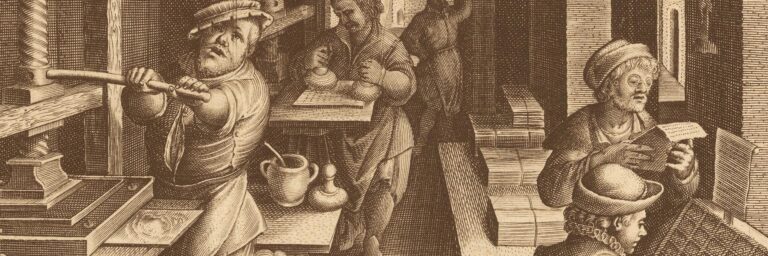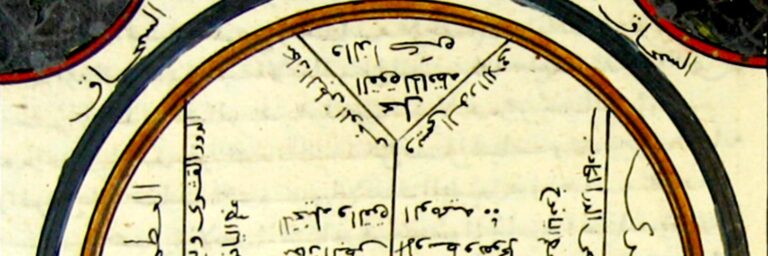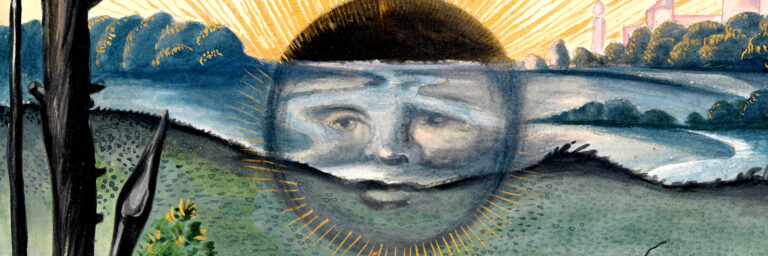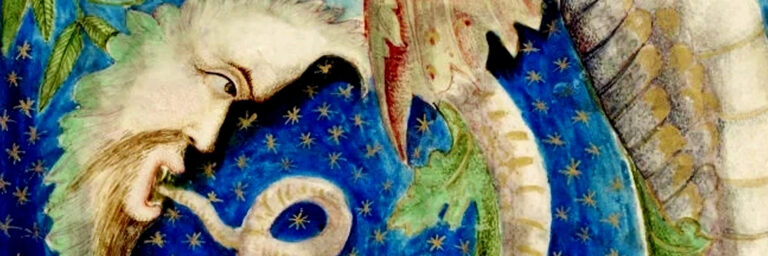Galen on Nutrition and Diet in the Roman Empire
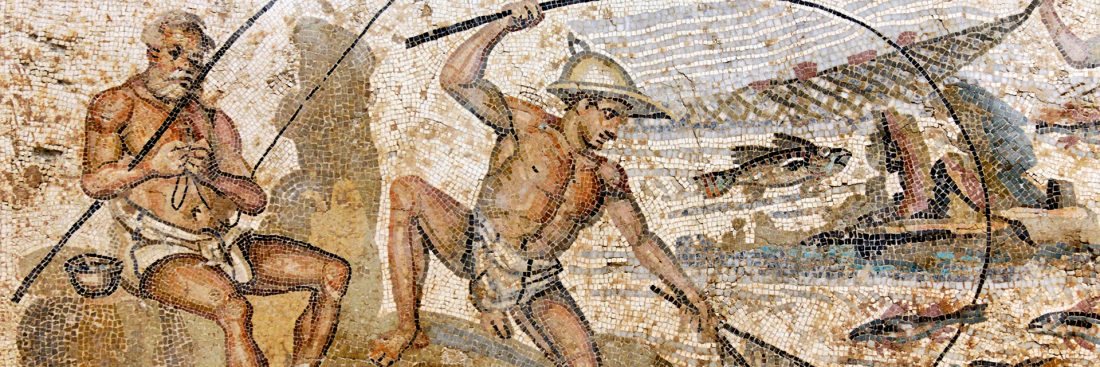
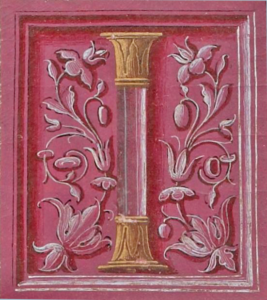
Food, Famine
and Social Class
Galen on Nutrition and Diet
in the Roman Empire
John Wilkins
27 June 2024 – 5 PM (CEST)
Galen is one of the best sources on ancient nutrition and diet: he has little interest in luxury fashions, he records regular seasonal famines, and is at home in the fields talking to peasants as much as he is in the salons of his wealthy clients.
He has a strong interest in the demands of heavy labour on the body, in the effects of poor diet, in the need of a balanced diet, in the diet as eaten by ordinary people, and in locally produced food, region by region. Above all, he has a coherent and powerful theory of nutrition, derived from observation of patients and extensive research into nutritional texts over the previous six centuries.
His theory is based on the idea that foods replace lost body-substance – in modern terms they supply energy. Cereals, beans and pulses, along with meat are thus nutritious in the main, while vegetables and fruits have little or none, and fish have less than meat.
Here we come to other aspects of nourishment, covered by proteins, vitamins and minerals in modern science. These aspects Galen considers pharmacological.
A further key question is the ‘similarity’ or ‘appropriateness’ of a food to the human body: the more of these qualities are supplied, the more readily the body will be able to transform them into blood and energy. The best foods in this respect are pork, red mullet and (to a limited extent) lettuce.
About the Speaker ...
John Wilkins is Professor Emeritus of Greek Culture at the University of Exeter.
He works on the history of drama, food and medicine, with an emphasis in recent years on nutrition and pharmacology in the ancient world. He coedited the volume Galen and the World of Knowledge (CUP 2009) and edited the Budé text Galien: sur les facultés des aliments (Paris 2013).
In 2015 he coedited the volume A Companion to Food in the Ancient World (Wiley), following earlier studies in the coedited volume Food in Antiquity (UEP 1995) and in the coedited volume Athenaeus and his World (UEP 2000).
In recent years, he has published a number of articles exploring aspects of Galen’s pharmacology, as background to the forthcoming volume for the Cambridge Galen on Galen’s Simple Medicines books I-V.




